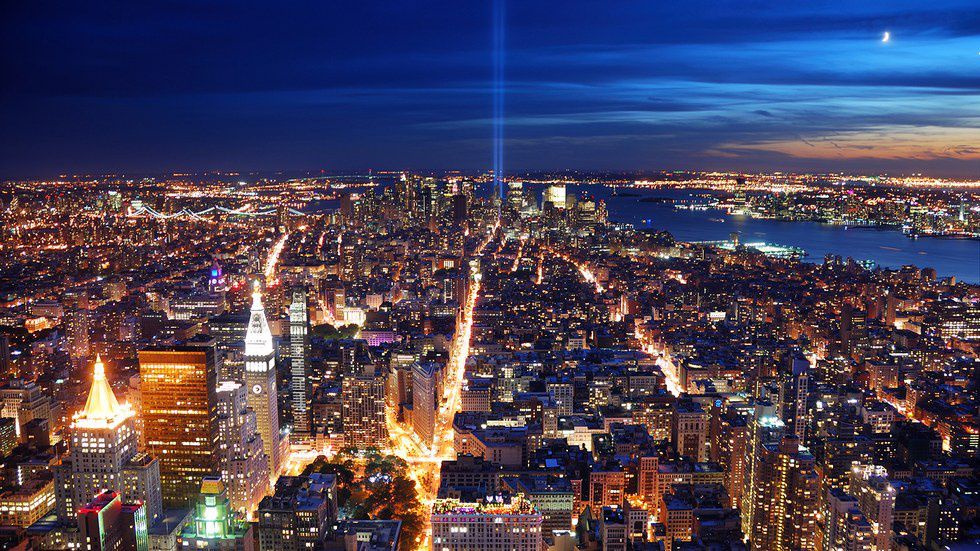One of the most underrated and under-discussed environmental issues is also one of the most preventable. Light pollution is a leading contributor to the current climate change. Affecting humans, animals and the environment, this kind of pollution is significantly more destructive than most people think. Despite its massive effects, it has one of the simplest solutions. Everyone can take small steps to make big changes to the damage done.
The artificial light found in highly populated and urban areas causes severe damage to ecosystems, including our own. The human light sources disrupt scientific research and experimentation, but the environmental impacts are much more concerning. In the Great Barrier Reef, over 100 species use the moonlight to reproduce. Lights from cities on the coast alter this natural light, throwing off the entire system and resulting in a decrease of reef offspring. Additionally, baby sea turtles's survival is affected greatly by beach town's light pollution. As they rely on the reflected moonlight on the waves, artificial light takes them on dangerous detours. The confusion created by multiple light sources cases the turtles to move in the wrong direction, typically in the opposite way of the ocean. This deterrence prolongs their time on land, a time when they are exposed to predators. This deadly confusion remains true for migratory birds. Also drawn to light, birds have been continuously colliding with light structures. For those that don't directly run into buildings, they end up circling the lights until they drop from exhaustion. Such fatal events are all traced back to light pollution and can easily be avoided.
Fortunately, there have been movements to solve the issue, including last week's event, International Dark Sky Week. This called for people all over the world to literally darken the sky by making proactive decisions about their light usage. Light pollution is caused mainly by the unnecessary use of light. Oftentimes, people leave lights on when they aren't using them. This light use makes all the difference. For International Dark Sky Week, people are made more aware of their energy use. If people could remain this conscious all year round, the effects of light pollution would drastically change. Activists explain the purpose behind this dark week. According to the New York Times, "Researchers want to mitigate urban illumination not just because it creates an annoyance for amateur astronomers but also because it can adversely affect wildlife and human health."























